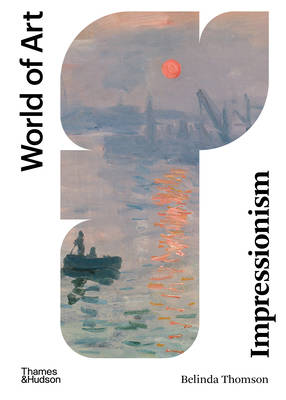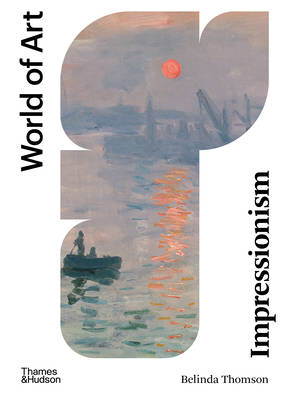
- Retrait gratuit dans votre magasin Club
- 7.000.000 titres dans notre catalogue
- Payer en toute sécurité
- Toujours un magasin près de chez vous
- Retrait gratuit dans votre magasin Club
- 7.000.0000 titres dans notre catalogue
- Payer en toute sécurité
- Toujours un magasin près de chez vous
Description
The enduring popularity of Impressionism belies what the group of eponymous painters stood for. In the 1870s and 1880s, French artists dubbed the Impressionists, including Pissarro, Monet, Degas, Morisot, and Renoir, adopted a revolutionary style of technique and subject matter that defied the traditions of the French Academy and the salons. Rooted in anarchism, political radicalism, and a belief in science and individualism, their paintings captured modern life in ways never seen before.
Acclaimed art historian Belinda Thomson's insightful study sheds light on the personal lives and creative thinking behind the great Impressionists, exploring the varied factors that shaped their masterpieces. From family backgrounds to the importance of the art market and the critical reception that challenged, yet ultimately defined their work, this introduction offers a nuanced exploration of one of the most transformative movements in art history.
Spécifications
Parties prenantes
- Auteur(s) :
- Editeur:
Contenu
- Nombre de pages :
- 320
- Langue:
- Anglais
- Collection :
Caractéristiques
- EAN:
- 9780500205051
- Date de parution :
- 17-03-26
- Format:
- Livre broché
- Format numérique:
- Trade paperback (VS)
- Dimensions :
- 152 mm x 213 mm

Les avis
Nous publions uniquement les avis qui respectent les conditions requises. Consultez nos conditions pour les avis.






